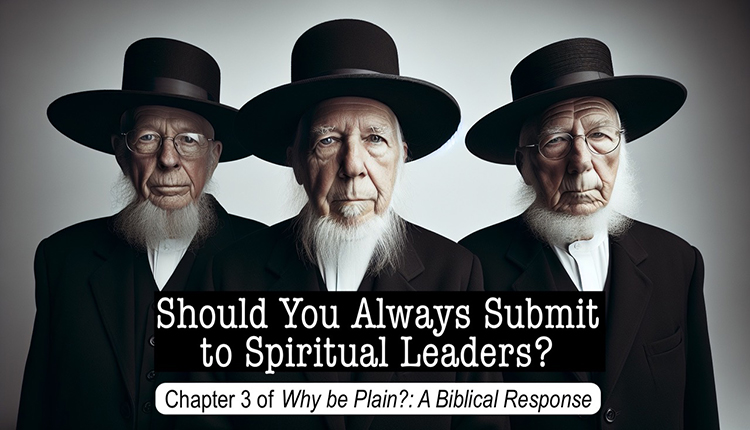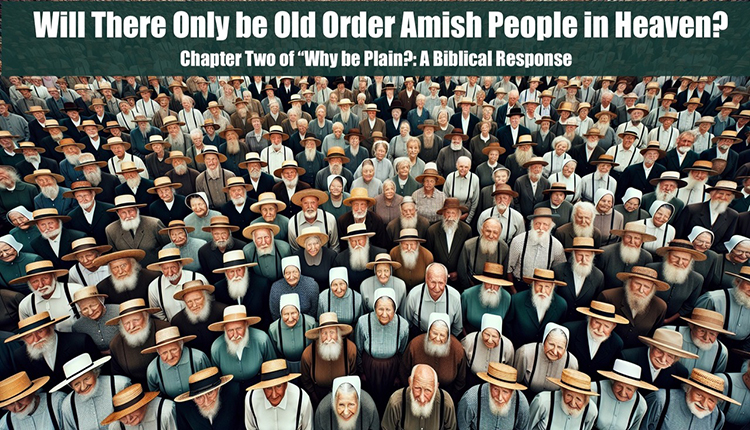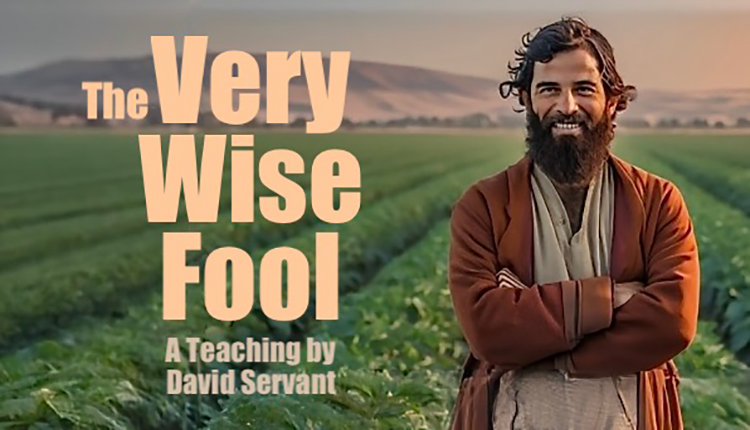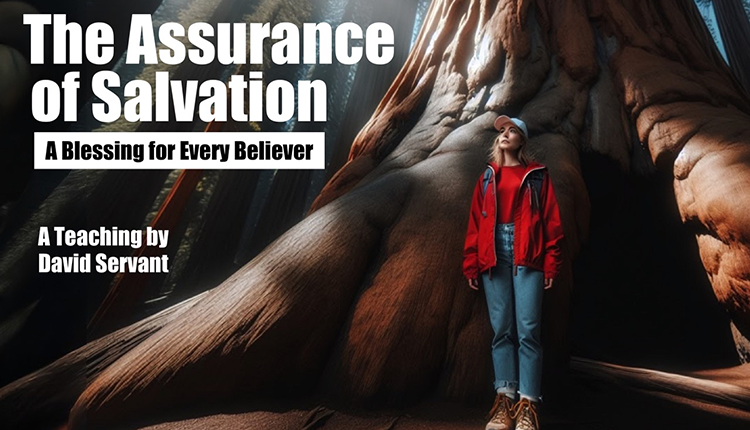
In their continued quest to convince discontented Amish folks not to defect from Amish ranks, authors Weaver and Zimmerman appeal at the close of the first chapter of Why be Plain? to the New Testament’s admonitions for Christians to submit to spiritual leaders. From the Amish perspective, that means Amish bishops and ministers. The authors write:









